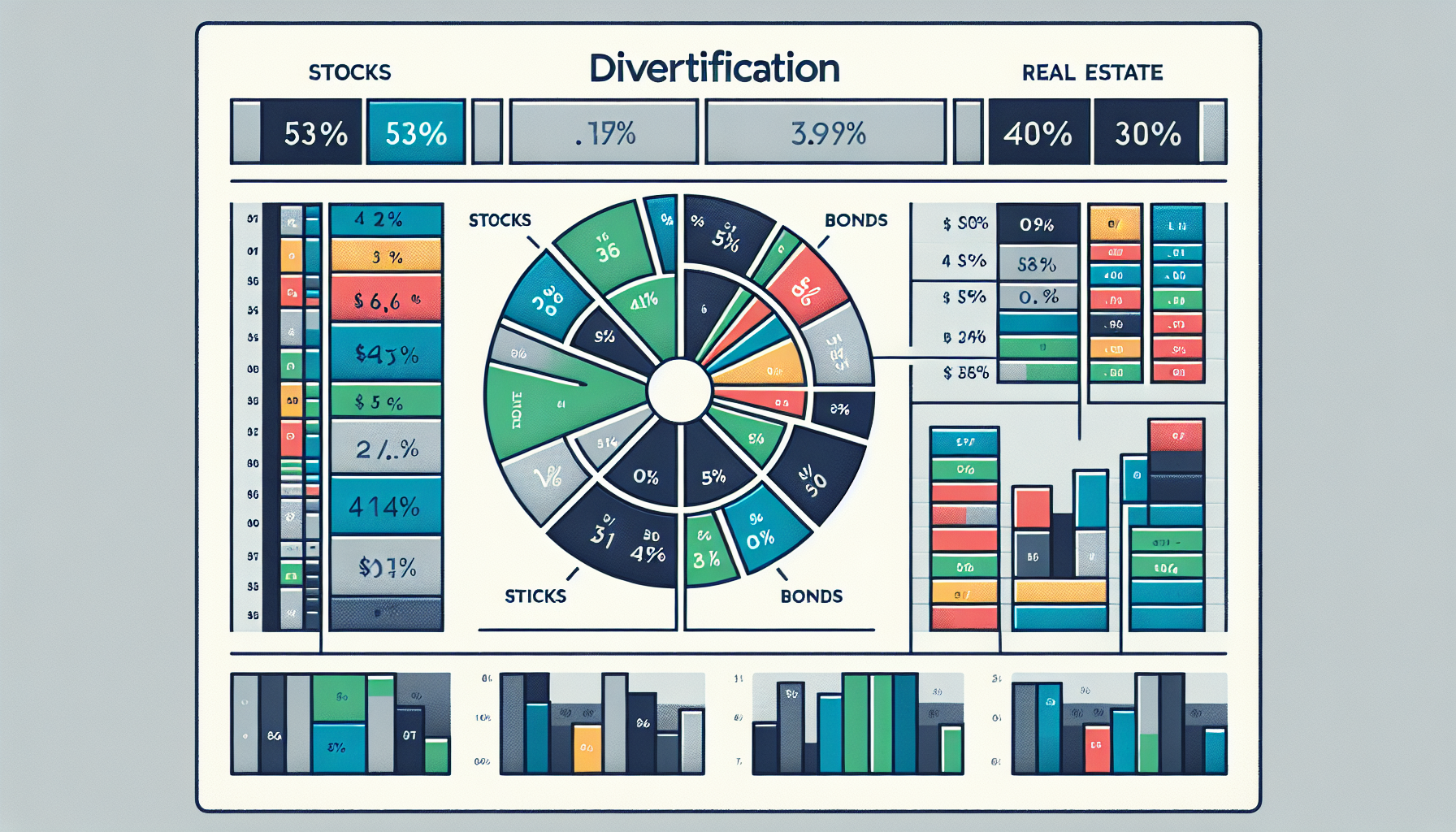The Mystery of Gatsby's Wealth: Unraveling the Speculation and Implications

Gatsby's wealth is shrouded in mystery and intrigue, compelling both characters within the story and readers alike to speculate about its origins. From the beginning, Gatsby is introduced as a man of immense fortune, residing in a lavish mansion in West Egg and throwing extravagant parties to which the elite flock. Yet, despite his wealth, Gatsby remains an enigmatic figure, with little known about how he achieved his affluence. This mystery is pivotal as it mirrors the elusive nature of the American Dream itself—a dream that promises prosperity and success but often remains out of reach or comes at a significant moral cost.
The Theories Behind Gatsby's Wealth
Several theories circulate about how Gatsby amassed his fortune. One prevalent speculation is that Gatsby engaged in illicit activities, particularly bootlegging, which was rampant during the Prohibition era. The 1920s saw a surge in organized crime and illegal alcohol trade, and figures like Meyer Wolfsheim, who is suggested to have connections with Gatsby, reinforce this notion. Wolfsheim, suspected of fixing the 1919 World Series, embodies the criminal underworld that Gatsby may be a part of, hinting that his wealth may not come from honorable means. This theory aligns with the moral ambiguity present in the novel, where success often requires compromising personal ethics and associating with dubious characters. Another theory posits that Gatsby's wealth could stem from legitimate business ventures, including real estate investments. The novel hints at Gatsby's ambition and entrepreneurial spirit, suggesting he may have employed shrewd financial tactics to build his empire. In Chapter 4, Gatsby recounts his past to Nick Carraway, where he claims to have been involved in various business endeavors, including selling metal and later, a successful car dealership. This interpretation invites readers to consider the thin line between legitimate success and unethical practices in the pursuit of the American Dream.
The Implications of Wealth on Identity and Relationships
Gatsby's wealth significantly influences his relationships and identity throughout the narrative. His desire to win back Daisy Buchanan, the love of his life, drives him to accumulate wealth as a means of proving his worth. Gatsby's opulent lifestyle is not merely a reflection of his financial success, but also a desperate attempt to gain acceptance into the elite social circles that Daisy occupies. This obsession raises questions about the true nature of happiness and fulfillment—whether wealth can genuinely buy love or if it merely serves as a façade for deeper insecurities. Moreover, the novel critiques the notion of the American Dream by illustrating how the pursuit of wealth can lead to moral decay. Gatsby's associations with criminals and his willingness to engage in unethical behavior for the sake of success highlight the darker side of ambition and the lengths individuals will go to achieve their dreams. For instance, Gatsby's willingness to turn a blind eye to the corrupt means of acquiring his wealth raises ethical questions about his character, suggesting that the American Dream is often tainted by moral compromises.
The mystery surrounding Jay Gatsby's wealth serves as a powerful narrative device that enhances the themes of "The Great Gatsby." Whether through illicit activities or legitimate business dealings, the ambiguity of his fortune invites readers to reflect on the complexities of the American Dream. Fitzgerald masterfully captures the allure and pitfalls of wealth, illustrating that the pursuit of success often comes with significant moral implications. Ultimately, Gatsby's tragic story is a cautionary tale about the costs of ambition and the elusive nature of true fulfillment in a society obsessed with status and wealth. As readers continue to grapple with the enigma of Gatsby's fortune, they are reminded of the timeless questions surrounding identity, morality, and the pursuit of the American Dream.
Financial Analyst – Investment Banking
Goldman Sachs, JP Morgan Chase, Morgan Stanley
Job Responsibilities
Analyze financial data and trends to provide insights and recommendations for investment opportunities.
Prepare detailed financial models and forecasts to support strategic decision-making.
Collaborate with senior executives and clients to present investment strategies and performance metrics.
Unique Skills Required
Proficiency in financial modeling software (e.g., Excel, Bloomberg)
Strong analytical and quantitative skills
Understanding of market trends and economic indicators
Compliance Officer – Financial Services
Wells Fargo, Bank of America, Citibank
Job Responsibilities
Develop, implement, and monitor policies and procedures to ensure compliance with applicable laws and regulations.
Conduct risk assessments and audits to identify potential areas of non-compliance within financial practices.
Liaise with regulatory bodies and prepare compliance reports for management and stakeholders.
Unique Skills Required
Knowledge of regulatory frameworks (e.g., SEC, FINRA)
Excellent communication skills
Ability to interpret legal documents and compliance guidelines
Forensic Accountant
Deloitte, PwC, KPMG
Job Responsibilities
Investigate financial discrepancies and fraud by analyzing financial records and transactions.
Prepare detailed reports and documentation for legal proceedings and litigation support.
Work closely with law enforcement agencies and legal teams to provide expert testimony as needed.
Unique Skills Required
Strong analytical skills
Proficiency in accounting software (e.g., QuickBooks, SAP)
Certifications such as Certified Fraud Examiner (CFE) or Certified Public Accountant (CPA)
Business Development Manager – Real Estate
CBRE, JLL, RE/MAX
Job Responsibilities
Identify and pursue new business opportunities in the real estate sector, including partnerships and investment prospects.
Analyze market trends and competitor activity to develop strategic growth plans.
Build and maintain relationships with clients, stakeholders, and industry professionals to facilitate business deals.
Unique Skills Required
Strong negotiation skills
Knowledge of real estate regulations
Experience in market analysis and lead generation
Market Research Analyst – Consumer Insights
Nielsen, Ipsos, Mintel
Job Responsibilities
Conduct market research to assess consumer preferences, trends, and behaviors related to financial products and services.
Analyze data using statistical software to identify actionable insights and inform marketing strategies.
Create reports and presentations to communicate findings to stakeholders and support business development initiatives.
Unique Skills Required
Proficiency in data analysis tools (e.g., SPSS, R)
Strong communication skills
Understanding of consumer behavior theories and market dynamics


